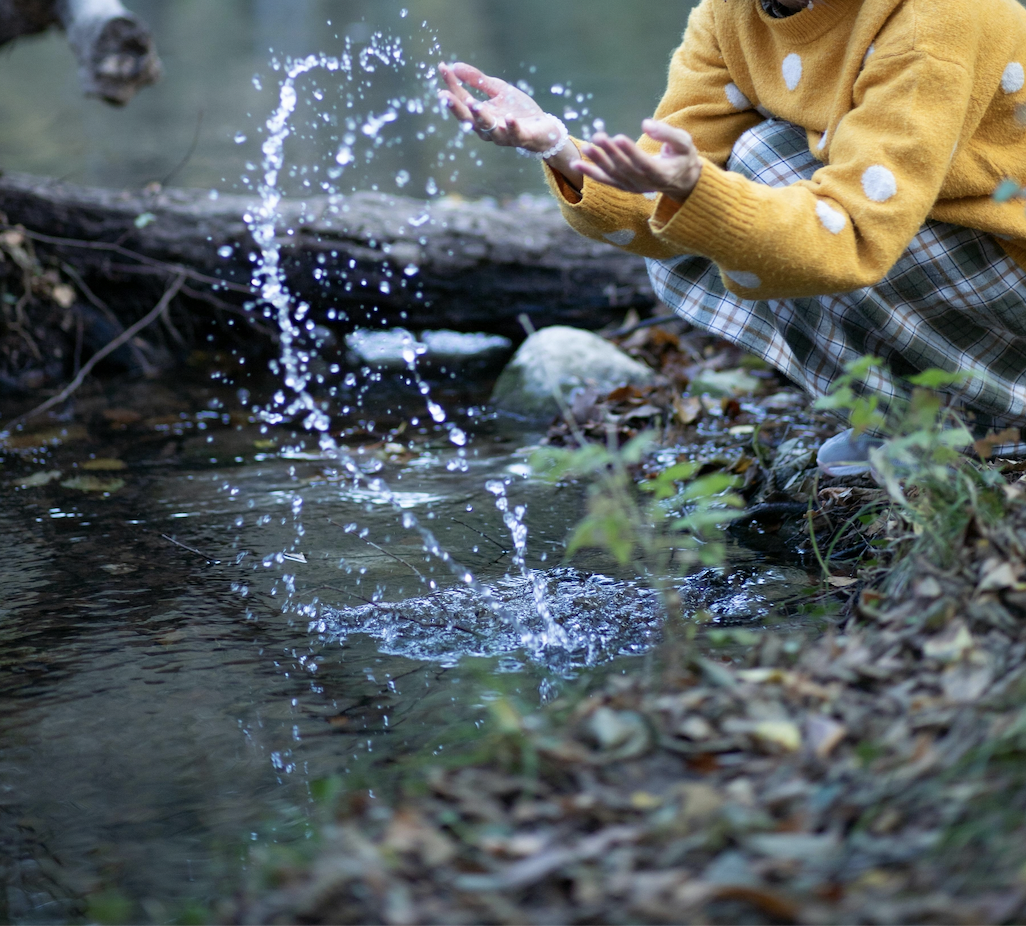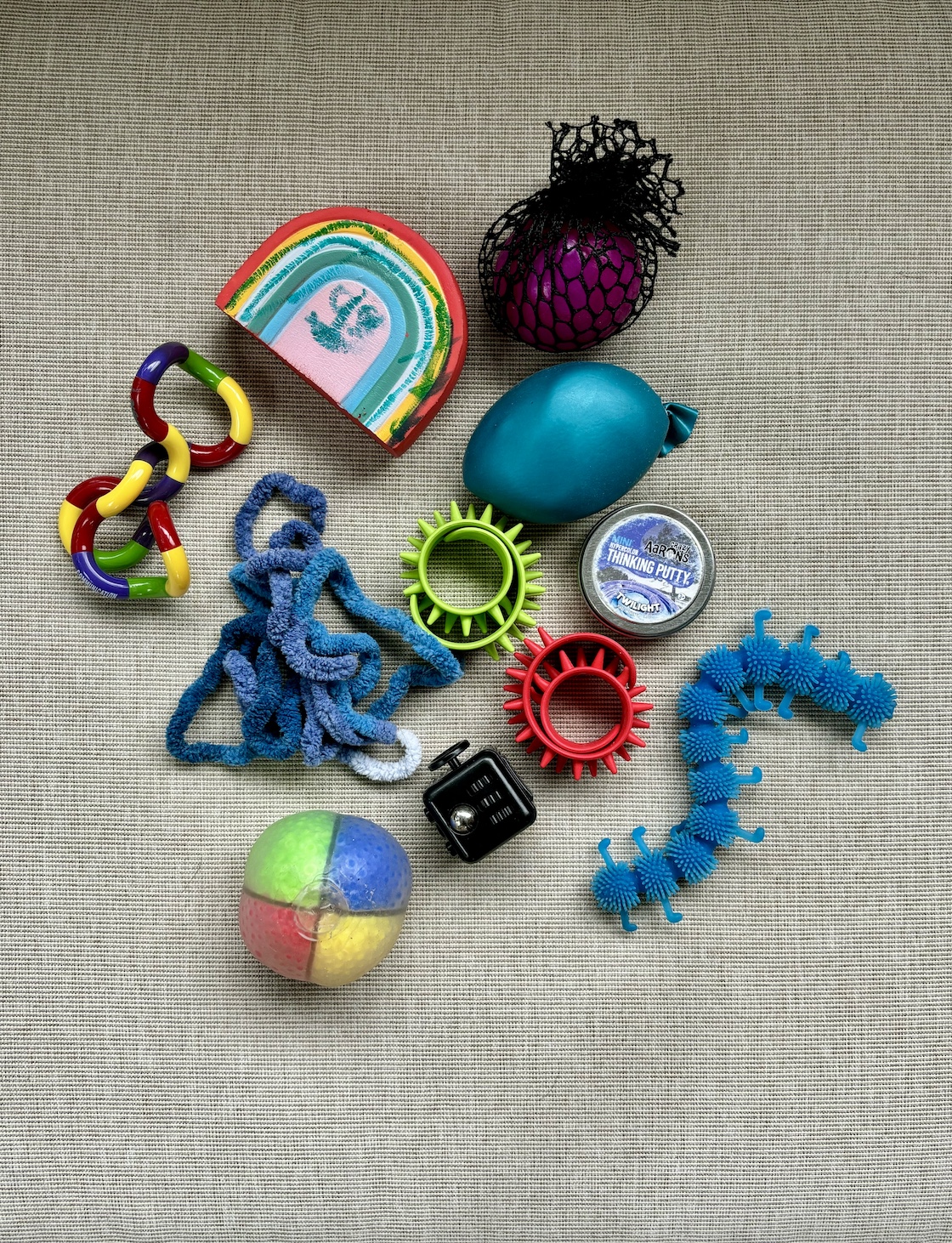About & Approach
About
Held in Humanity addresses the harm of interlocking systems of oppression by creating identity-affirming, accessible ways for disabled people to access support, connection, and healing.
I recognize the systemic inequities and structural violence that block access to needs related to communication, safety, regulation, autonomy, and connection—especially for BIPOC, queer, and multiply marginalized disabled people. Through peer support, resourcing, co-advocacy, holistic wellness, and community, we work to address the root cause of unmet needs and offer spaces where people can receive support that honors their authentic ways of being. My commitment to lifelong unlearning, cultural humility, and collective liberation guides our work.


Approach
Held in Humanity is informed by the ethics, values, and practices of disability justice. I envision a world free from discrimination and oppression, where disability is a natural part of human diversity and multiply marginalized disabled people are valued and liberated. Some beliefs that guide me include:
• Interlocking systems of oppression—like racism, xenaphobia, ableism, transphobia, homophobia, ageism, fatphobia, and sexism—are designed to make us feel shame about our identities and bodyminds.
• Every human is already whole, worthy of love, dignity, belonging, safety, and joy.
• Our access, equity, liberation, well-being, and healing are interconnected.
• Nonspeaking neurodivergent people can communicate thoughts, questions, resistance, and dreams in their own words.
• There is joy that is inextricably linked to disability.
• Approaches to supports and services should be intersectional, abolitionist, transnational, anti-carceral, anti-oppressive, and trauma-sensitive.
• Disabled adults and children are the experts on their disabilities and supports.
• Knowledge is drawn from a combination of lived experience and research led by those who we aim to support.
A Note on Language
We respect people's right to use language for their identities that is meaningful to them. We use identity-first language in reference to disability identity unless a person lets us know that they use different language to describe themselves. This means we say "autistic" and "disabled."
For more information on language:
The Significance of Semantics: Person-First Language: Why It Matters